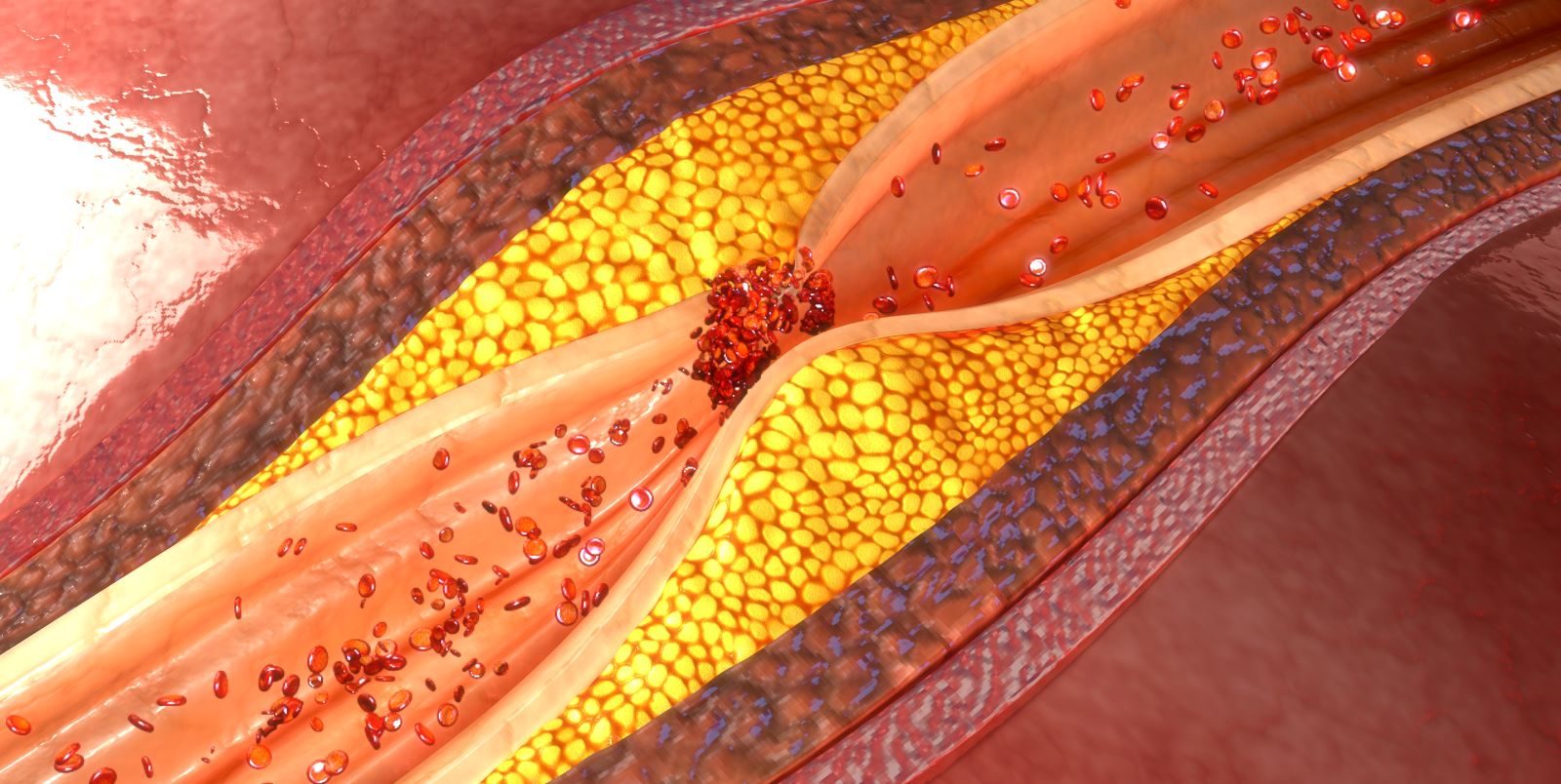<< Back
Have High Cholesterol? A Simple Test Can Show if You Actually Need a Statin

December 07, 2022
So you need to do something about your cholesterol. But what, exactly? Not everyone wants to take a prescription statin. And not everyone should.
One simple test may have your answer.
“A coronary artery calcium test is fast and easy,” says Gregory Salber, MD, a heart expert who sees patients at St. Vincent’s Medical Center and throughout Fairfield County. When used with other health info, it’s a great tool to show if you actually need a statin.
It can also save your life.
Why statins?
Doctors have long prescribed statins to help lower cholesterol and reduce risk of a heart attack or stroke. Although very effective, they also can cause a slew of side effects that range from muscle pain to elevated blood sugar to digestive issues.
Many people are, understandably, hesitant to take them if they’re not necessary.
The traditional way to decide if you need a statin: Your risk score
A decade ago, if your doctor was deciding whether to prescribe you a statin for high cholesterol, they’d typically just consider a bunch of clues about your heart health — like your blood pressure, blood sugar, age and sex. Then they’d make an educated guess about your risk for having a heart attack.
But of course, everybody — and everybody’s body — is different. So the way your risk looks on paper doesn’t always reflect what’s actually going on.
“While these risk scores work well when applied to the population at large, they are less precise at predicting individual risk,” says Dr. Salber.
The bigger question: How do your coronary arteries look?
So all of the above information is important, but it’s often an incomplete picture. What about the actual state of your coronary arteries, the blood vessels that provide blood to your heart?
As a result of genetics, lifestyle factors, or just plain old age, gunk can build up in these arteries. The technical term is calcium arterial calcification. As you might imagine, it’s not good.
“The more coronary arterial calcification in an individual’s heart arteries, the higher their risk for experiencing a heart attack,” says Dr. Salber.
That’s where a coronary artery calcium (CAC) test comes in.
Calcium scoring: An advanced screening method for heart attack risk
A CAC test is a type of very fast X-ray, or CT scan, that shows if you have any calcium deposits in your coronary arteries.
Key facts about CAC test
- The most advanced screening method to show your risk for heart attack
- Fast and easy, taking less than 30 minutes
- Safe, using less radiation than most other forms of medical imaging
- Covered by many insurance plans — but if your insurance doesn’t cover it, it can range in cost from $100 to $400
Statin or not: Your CAC score is key to deciding
Sometimes, a CAC test is a life-saving early warning system. That’s especially true for someone whose risk of heart attack looked low on paper, but is actually high.
“In this situation, a CAC score can show high risk early enough to start successful prevention strategies,” says Dr. Salber. That can include diet, exercise, an aspirin — and sometimes, a statin.
For others, it’s an opposite plot twist.
Maybe their risk looked high based on their cholesterol and other factors. But through calcium scoring, they discover their coronary arteries are actually in excellent shape — and they don’t need a statin.
“If someone has a CAC of 0, they are at an extremely low risk of a heart attack in the next five years,” says Dr. Salber. “Low enough that they can safely avoid a statin.”
So if you have high cholesterol, a family history of heart disease, or are just worried about your heart health, talk to your doctor about calcium scoring.
It may wind up saving your life — or at least saving you a prescription.